John Calipari not worried about lack of foul calls, physical play against Kentucky
To say Kentucky has taken a beating throughout Southeastern Conference play this season would be an understatement. But then again, most schools could say the same. Foul calls are at an all-time low in college basketball this year, according to ESPN’s Jay Bilas, who was not so kind to the referees in his Thursday morning column.
While he didn’t provide an exact number of many fouls are being called this year, we know it has to be pretty low. According to an April 2021 article from Mike DeCourcy of the Sporting News, foul calls have been declining for years now. In the 2020-21 season, 17.24 fouls were called per game, the lowest in the 73 years that the stat has been recorded. It was 17.53 the year before and 17.76 the year before that. Prior to the 2018-19 season, there had never been a year with fewer than 18 fouls called per game.
Not too long ago, foul calls were at an all-time high, but an emphasis on freedom of movement and a lack of points being scored forced a change in approach to how games are being officiated. Unfortunately, a happy balance hasn’t been found and the trend is shifting wildly in one direction.
Bilas, the former Dukie turned TV analyst, lambasted college officials for allowing basketball games to look more like they’re happening in a hockey rink than on the hardwood. Refs are either missing easy foul calls or blatantly ignoring them, with Bilas believing it to be the latter. With that in mind, he doesn’t necessarily blame the officials themselves though, rather the people in charge who allow (or encourage) this trend to continue.
“Turn on any major conference game, and you will see arm bars on ball handlers not in the post, handchecking, bumping and chucking of cutters, illegally riding cutters and screeners off of their paths, and overt physicality in the post area, including a lack of enforcement of verticality on shooters,” Bilas said in his rant. “Whatever you see on the floor in major conferences this season is not basketball and would not be allowed in the NBA or FIBA. Hell, it would not be allowed in the NFL on wide receivers. It is wrong and needs to be seriously addressed. Coaches are confounded and complaining, and so are the bloviating gasbags who announce the games.”
Kentucky head coach John Calipari has said multiple times throughout the season that referees aren’t properly officiating Wildcat big man Oscar Tshiebwe. Opposing teams have discovered that if they can physically wear down Tshiebwe in the paint, he’s a less effective player, and it’s a tactic that’s worked at times.
“I’m trying to protect Oscar,” Calipari said during his radio call-in show on Wednesday night. “That’s what I’m trying to do. I told him at one point, I got in the huddle and I said ‘the only other thing I can do is get thrown out of the game. That’s it.’ Because I can’t say any more than I’ve said. Well, he’s 255, he should be able to take it. That’s not what the rules are. I’m trying to protect him.”
Calipari later said his team is playing not to foul, while others can’t say the same, which shouldn’t be a disadvantage for the ‘Cats. This season, Kentucky has been called for 14.4 fouls per game, according to TeamRankings.com, which is the 28th fewest in all of Divison I and least in the SEC. For reference, the next lowest conference program is Ole Miss at No. 43 with 14.8 fouls per outing. Three SEC schools (LSU, Auburn, and Alabama) all rank among the top 100 in most fouls called per game.
“We’re playing not to foul,” Calipari added. “That should not be a disadvantage. We’re playing not to foul. Not everybody teaches that.”
Top 10
- 1New
Joe Sloan
officially announced as OC
- 2Trending
UK 72, IU 60
Cats get a BIG W
- 3Hot
UK VB vs. Wisconsin
for a spot in National Championship
- 4New
Stone Saunders
will enter transfer portal
- 5Hot
Charles Barkley
had a great time in Lexington
Get the Daily On3 Newsletter in your inbox every morning
By clicking "Subscribe to Newsletter", I agree to On3's Privacy Notice, Terms, and use of my personal information described therein.
Admittedly, the lack of foul calls has frustrated Calipari, Tshiebwe, and the rest of the team. Sahvir Wheeler was “clubbed”, as Calipari put it, against Tennessee when UK had a chance to cut the Volunteer lead down to just six points in the second half. But no foul was called. A whistle there puts him at the free-throw line with two freebies coming.
Then you have instances during the same game where an official can call a foul where he has no clear sight of the actual play, such as what happened with Kellan Grady against Tennessee as the clip below shows. Even though Grady appeared to get all ball on his swipe down, since he started with his arms up high and came down quickly, he must have fouled the ball handler, at least in the eyes of the official.
At best, college referees are inconsistent.
But even with all of this in mind, neither Calipari nor Bilas seems too concerned that it will continue into the NCAA Tournament. If anything, referees will call more fouls, rewarding teams who refused to buy into the physical play mindset.
“The physicalness of play, here’s what I would say to you, remember this comment today,” Calipari said. “Teams cannot play that way in the NCAA (Tournament). They will call every foul. Do you know why they’ll call the foul? They’re evaluated. And you know what, if they passed on physical play, that group of officials will not advance. And they wanna advance like we do! So they call the fouls! The way we’re playing, it’s good to get through it and understand it’s not going to be that way in the NCAA Tournament.”
“It needs to be remedied but it is likely too late this season for significant change,” Bilas said in his article. “What will the result of this be? We will get to the NCAA tournament, where the supervisor has a hammer over the officials. The officials will call the games as directed by the NCAA supervisor or they will not move on to further assignments. Some teams from major conferences will have to adjust to the games being called closer, as they should have been all season. After a season of hockey games, these teams will be required to play basketball. A few won’t be able to adjust and will lose earlier than they should as a result.”
In that regard, Kentucky should benefit from the severe lack of foul calls once the postseason rolls around. The argument makes sense, too, but in reality, it shouldn’t be like this at all. While the issue can and should be addressed in the offseason, it all starts with investment. The vast majority of college referees don’t make the six-figure salaries that full-time NBA officials do. The NCAA can absolutely afford to make that investment. Until that happens, the on-court officiating will continue to fluctuate while pissing off coaches and analysts alike.

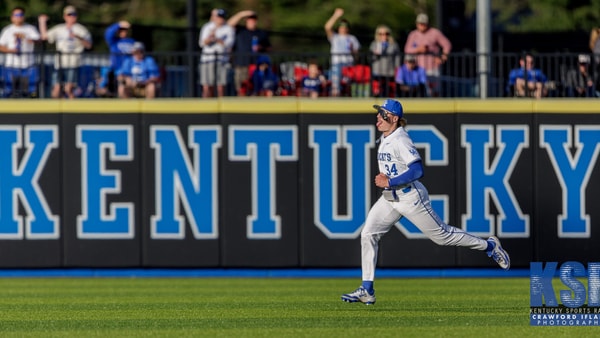
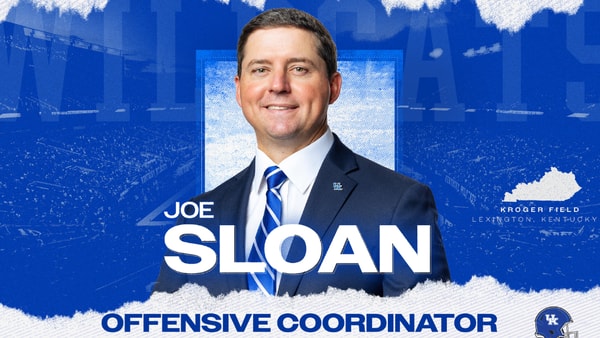
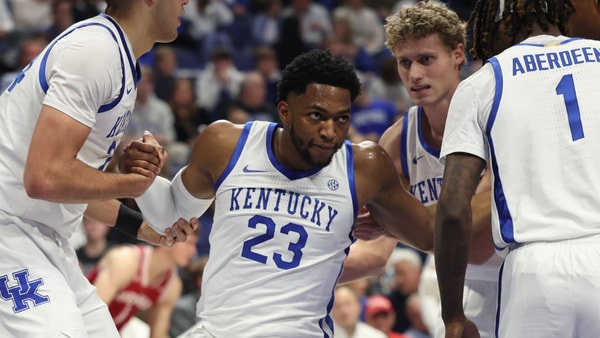
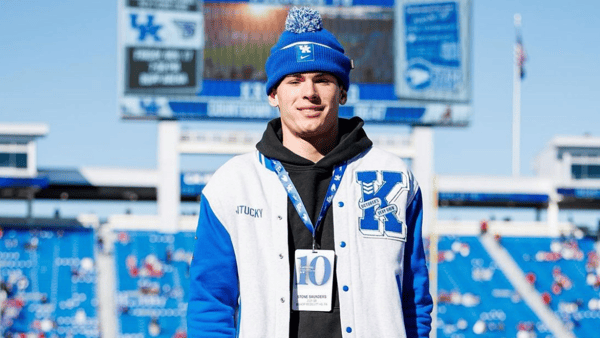

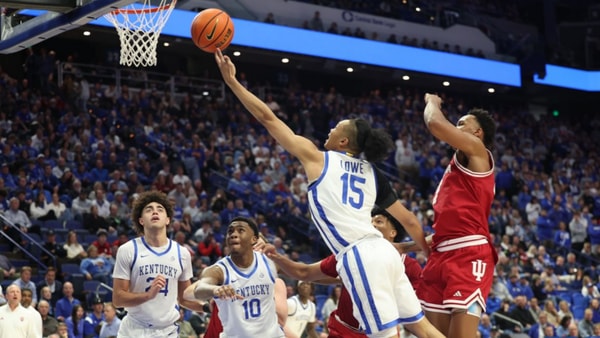
Discuss This Article
Comments have moved.
Join the conversation and talk about this article and all things Kentucky Sports in the new KSR Message Board.
KSBoard